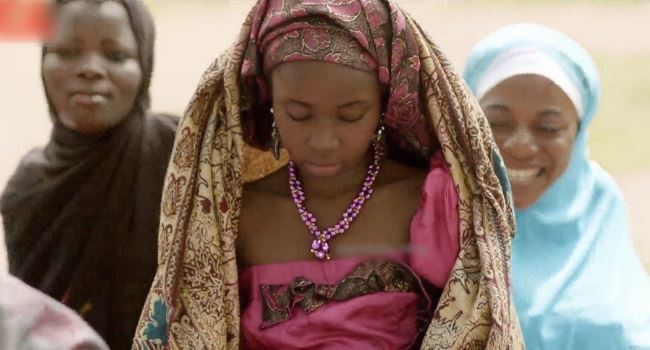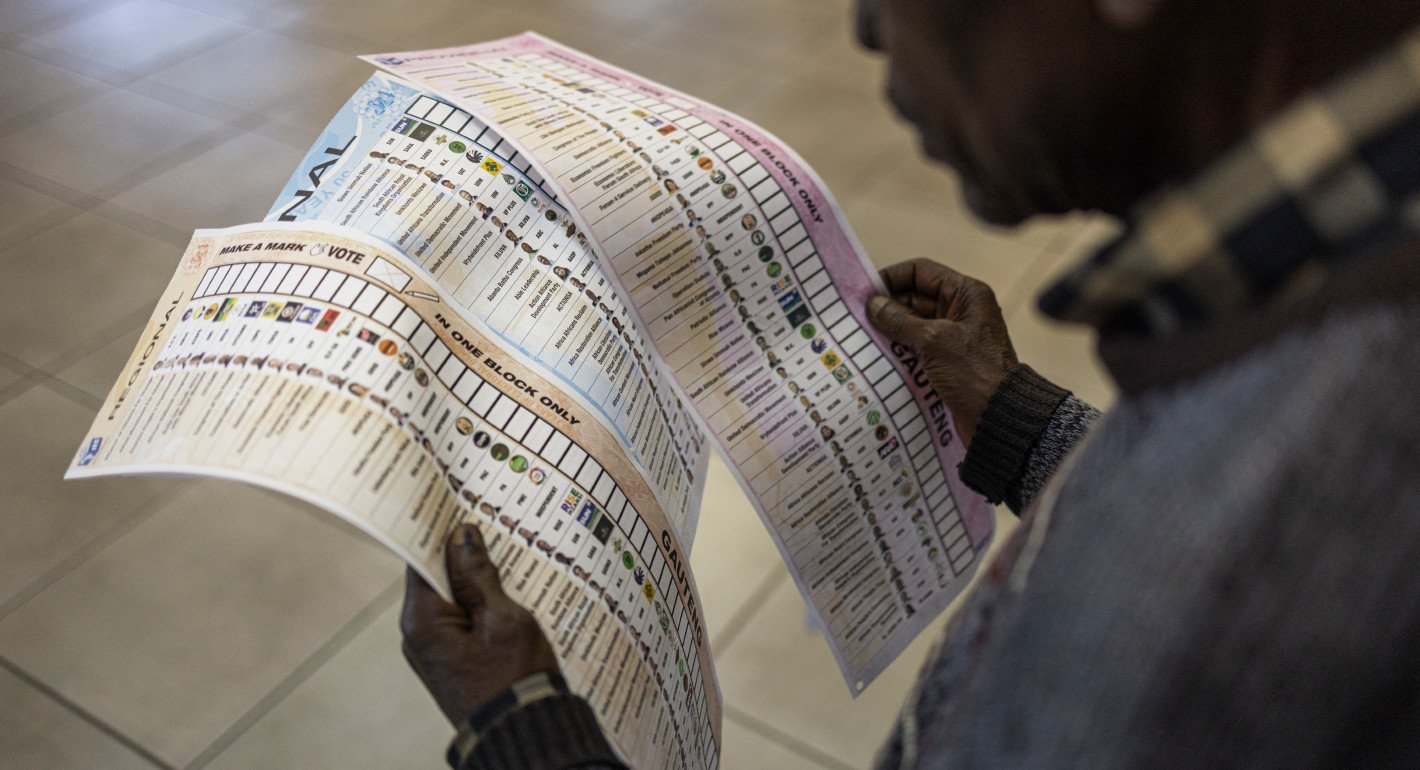BY ANAATI GIFT YUSUF BUBA
Feeding the chickens at home was something Sara loved to do every morning aside from helping her younger siblings with their homework. She loved animals in general, but watching the chicks run around their mother hen as they scoured for their daily grains somehow soothed her. They didn’t have to worry about what to eat, drink, or who to be when they grew up. They just had to be.
But that morning, as she spread the grains and watched their beaks hit the floor, her heart raced as she imagined what would become of her when she married an older relative whom her father had told her about the night before. She thought about his age and hers- She was only eleven and he was thirty-two. She thought about her siblings and who would do their homework when she was gone. She thought about who would help her Ummi cook. She thought about who would feed the chickens when she was gone. She thought about what would become of her dreams of becoming a vet. And for the first time, feeding the chickens didn’t soothe her.
She wished she could tell her father she didn’t want to get married but before she could muster up the courage, she’d moved into her husband’s house and was already a few months pregnant. She missed home, so planned to go back after having a baby, with the excuse that she needed her Ummi to take care of her. And even though she ended up leaving her husband’s house, she didn’t quite make it home. Due to some complications, Sara died during childbirth alongside her dreams and aspirations.
Advertisement
Like Sara, many children are subjected to child marriage and sexual abuse and today these issues remain pervasive in Nigeria, impacting the physical, emotional as well as, and psychological well-being of countless numbers. And with the country’s growing population surpassing well over two hundred million people, and the largest population of youth in the world with a median age of 18 years, millions of children are vulnerable to exploitation, abuse, and neglect.
UNICEF data suggests that Nigeria ranks third in the prevalence of child marriage globally with 44% of girls married before 18, bringing to a total of over 24 million child brides in the country. Child marriage and sexual abuse is a pervasive problem that is often rooted in cultural, religious, economic, and gender-related factors, many of which are more common in rural communities that are not easily influenced by external influences.
So How Do Stories Help?
Advertisement
As earlier indicated, Nigeria is a young country and one way young people connect with others in their day-to-day lives is through stories. Whether it be through reading a book, watching a movie, talking to your family, or meeting a stranger, stories are always shared. However, what determines that you keep talking to that stranger or keep reading that book is a good story.
What makes a good story is a range of different collectives- a good story structure, a memorable dialogue, a unique writing style, etc. but most importantly, unforgettable and compelling characters. Characters that can identify with authentic human experiences. Otherwise, we would all be walking AI robots throwing around facts, figures, and 0’s and 1’s in each other’s faces without real connections.
“Researchers in the field of language teaching generally define storytelling in terms of how it works or what it does to promote communication between storytellers and story listeners.” (Lucarevschi, R. C., 2016). (McDrury and Alterio, 2003) state that, “storytelling is a uniquely human experience that enables us to convey, through the language of words, aspects of ourselves and others, and the worlds, real or imagined, that we inhabit. Stories enable us to come to know the worlds and our place in them given that we are all, to some degree, constituted by stories.” (McDrury and Alterio, 2003.
“Symbolically aligned with common sense rather than science, stories seem engaging and concrete rather than abstract. They seem democratic (“everyone has a story,” we often say”) rather than monopolized by elites.” On the contrary, however, storytelling is often said to be an unreliable and possibly deceptive form of creative ploy. The reason is that “people call something just a story to refer to its weak claim to credibility, and just her story to refer to its one-sided and subjective character. “Stories are often trusted as normatively powerful and dismissed as politically trivial, as entertaining but unserious.” (Polletta, et al., 2011)
Advertisement
Nevertheless, storytelling is relevant in all child marriage and child sexual abuse cases in Nigeria because it provides a platform for a diverse group of marginalised voices to be heard whilst also, humanizing their experiences in order to evoke empathy, and compassion, inspire action, and foster a deeper understanding of their challenges from the general public.
Hence, to trivialise the impact of storytelling is to deny the survivors/ victims the opportunity to heal, and to deny the general public the awareness and learning opportunity to shape their perspectives, inspire action, and challenge obstacles in the law that encourage the perpetrators of this crime.
Storytelling manifests in many different forms but in today’s context, the use of technology and the media is key in the dissemination of information such as; collaborating with the film industry (i.e Nollywood), television and radio stations, social media platforms, newspapers to change public perceptions and advocate for solutions that work.
The sensitisation of law enforcement agencies such as the police by engaging them in scenario-based training where officers role-play different scenarios and analyse case studies to better understand the complexities of responding sensitively.
Advertisement
Incorporating video and audio interviews as a part of the training as well as the invitation of child marriage and sexual abuse survivors to share their experiences can create a powerful emotional impact and deepen empathy while they carry out their duty to protect and serve all Nigerians, irrespective of age or background.
In the words of (Hilder, 2005), “Storytelling must be approached with the intention to deconstruct exclusivity and invent inclusivity.”
Advertisement
Anaati Gift Yusuf Buba is an NYSC corps member at the Institute for Peace and Conflict Resolution (IPCR).
Advertisement
Views expressed by contributors are strictly personal and not of TheCable.
Add a comment









